By Pei Xinyu, edited by An Yingzhao
(CNS) -- The development of human rights is a multifaceted endeavor that encompasses not only politics but also the economy, culture, ecology, and ultimately, the development of individuals.
On September 10, the inaugural China-Latin America Human Rights Roundtable was convened in Rio de Janeiro, Brazil. Jorge E. Malena, director of the Asian Affairs Committee of the Argentine Council for International Relations,gave an exclusive interview to W.E. Talk of China News Service to discuss China's endeavors to enhance the international human rights system from a Western perspective.
Here are excerpts from the interview:
CNS: What is your perspective on the current international system and global order as a scholar residing in a Latin American country? What is China's position in the current international system, particularly in terms of the protection of human rights?
Jorge E. Malena : The regulatory framework for international behavior in a given era is defined by a combination of procedures, institutions, and norms known as the international system.
Western blocs claimed certain special custodial rights to regulate the international system, which was initially formulated as a "liberal international order" and subsequently as a "rules-based order." The Chinese government positions itself as a supporter of comprehensive security, emphasizing that to achieve lasting security, the interests of all stakeholders must be considered.
China has evolved into the global economic and technological leader since the conclusion of the 1970s. Another profound change has been signaled by China's astonishing rise, particularly in the manner in which its involvement in global governance has affected the stability of the international system. Therefore, it is imperative for nations to comprehend the obstacles that impede the international system and to pursue solutions to enhance global human rights protection by comprehending China's role in international human rights governance.
The roots of the international system for the preservation of human rights can be traced back to the Universal Declaration of Human Rights, which was adopted by the General Assembly of the United Nations in 1948. China has demonstrated a greater commitment to the international human rights order by signing and acceding to a number of significant global human rights treaties over the years. Additionally, the Chinese government has expressed its adherence to the Universal Declaration of Human Rights.
Over the past decade, China's foreign policy has been predicated on five primary concepts: the Belt and Road Initiative, the Global Development Initiative, the Global Security Initiative, the Global Civilization Initiative, and the Building a Community of Human Destiny. Chinese government recently interrelated these five initiatives with China's position in the international system. The five initiatives have paved a new path for the peaceful resolution of historical issues and international disputes between nations, transcending stereotypical and narrow concepts such as "spheres of influence" and "bloc politics" as well as antagonistic and confrontational thinking. It is noteworthy that these concepts are no longer exclusive to China; rather, they are also reflected in the statements of the 'BRICS+ Forum' and the 'Shanghai Cooperation Organization'.
The Chinese government is increasingly advocating for social and economic rights within the realm of human rights, an area that is disparaged by the West but for which China has established a reputation through its economic accomplishments in recent decades. Consequently, the "global south" provides substantial backing to China's stance.
CNS: What measures has China implemented to enhance the international system, from theory to practice?
Jorge E. Malena: The consistency of China's words and deeds is also reflected in the concrete actions of its diplomacy, in addition to words. For instance, China is a significant troop supplier and the second largest financial contributor to UN peacekeeping operations in the realm of international security. The Chinese government has been actively engaged in the resolution of significant international crises, such as the IsraeliPalestinian conflict, the denuclearization of the Korean Peninsula, and the civil war in Afghanistan.
China is also actively engaged in the mitigation of nontraditional security threats. The Chinese Government has consistently endorsed the principal role of the United Nations in international affairs and has established the Charter of the United Nations as the foundation of the rules-based international order. This includes its support for the Security Council's counterterrorism resolutions and the global fight against terrorism.
Furthermore, China has been a principal trading partner and infrastructure constructor for over 140 countries and regions, which has enabled it to contribute over 30% of global economic growth for numerous years. More than 130 initiatives have been implemented in nearly 60 countries by China, and 30 million individuals have reaped the rewards. The Belt and Road Initiative was anticipated to generate $1.6 trillion annually by 2030, which is equivalent to 1.3% of global GDP. This sum would assist in the emancipation of approximately tens of million individuals from poverty.
China has made practical efforts to safeguard the international human rights system by ratifying the Convention on the Elimination of All Forms of Discrimination against Women (CEDAW), the International Convention on the Elimination of All Forms of Racial Discrimination (ICERD), the Convention Against Torture and Other Cruel, Inhuman or Degrading Treatment or Punishment (CAT), the Convention on the Rights of the Child (CRC), the International Covenant on Economic, Social and Cultural Rights (ICESCR), the Convention on the Rights of Persons with Disabilities (CRPD), and the Protection of the Rights of All Migrant Workers and Members of Their Families (ICRMW).
CNS: In the future, what role will China play in the international human rights system?
Jorge E. Malena: The Chinese government is dedicated to the democratization of international relations, the transformation of global governance, and the promotion of a multipolar world. This assessment of the international situation, which emphasizes the necessity of enhancing the international order, is shared by numerous countries in the "Global South." It can be inferred that China's objective is to reform the international system, rather than to supplant it with another one. The concept of "democratization of the international system" that China has proposed does not entail the replacement of the United States as the "global policeman." Rather, it is about identifying a means for China to endure in the face of global instability and uncertainty, while simultaneously contributing to the advancement of international relations in the new era. Growth.
A solid foundation for human rights protection and a broader perspective on human rights issues has been established by China's success in attaining a moderately prosperous society. Its practices and accomplishments in the areas of eradicating extreme poverty, guaranteeing the right to an adequate standard of living, promoting social equality, and safeguarding the rights of vulnerable groups offer a "Chinese-style approach" to human rights development that is applicable to all countries, particularly those in development. China was not only interested in enhancing the international system, but it was also receiving a growing amount of support from the "global South."
New developments in the international system may have an impact on the international human rights regime during the current historical phase of international power transfers. China has a critical role to play in the global development of human rights, particularly social and economic rights, and can inspire the international community to take action to protect them. This is due to its constructive contributions to the UN Charter system and the majority of the rules of the international human rights system.

Jorge Eduardo Malena is the director of Asian Affairs Committee, Argentine Council for International Relations (CARI). PhD and BSc in Political Science from the Argentine Catholic University, and MA in Chinese Studies from SOAS, University of London. Director of the Asian Affairs Committee (Argentine Council for International Relations). Visiting Professor at China Foreign Affairs University.








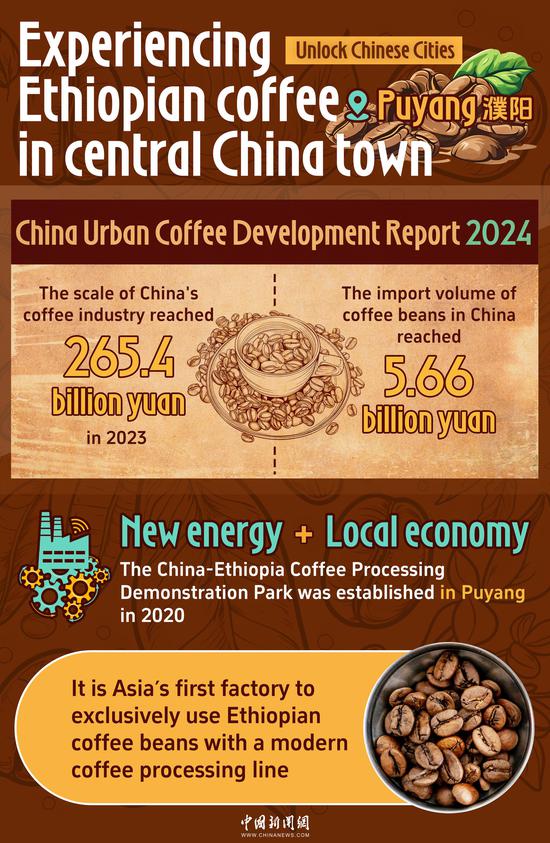
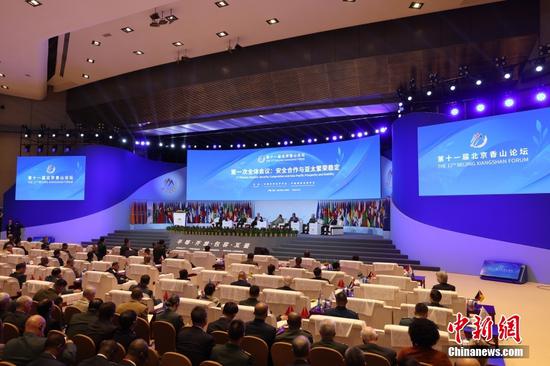
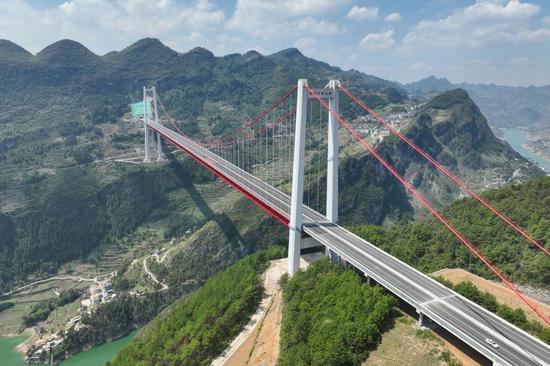
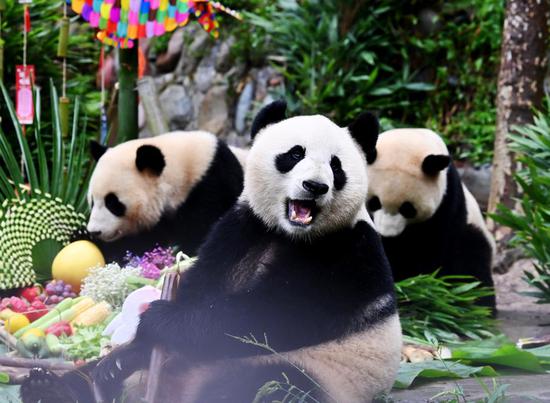


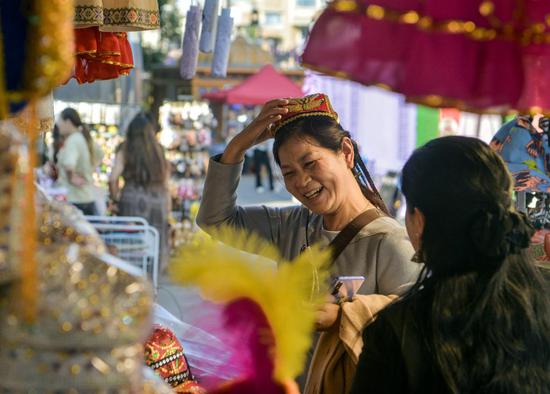
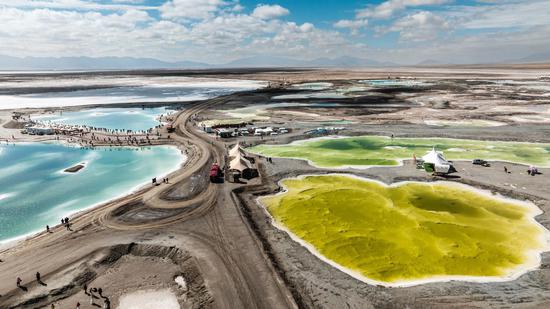
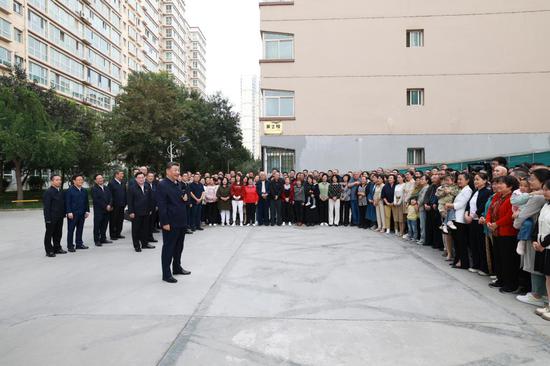
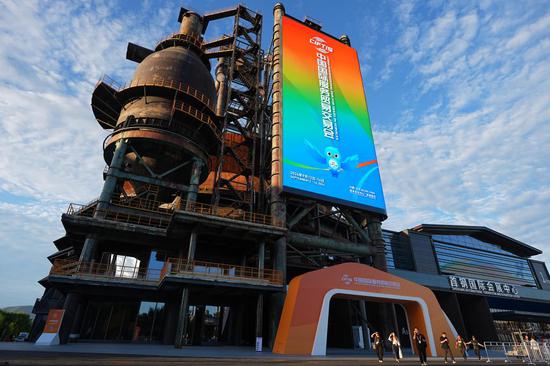
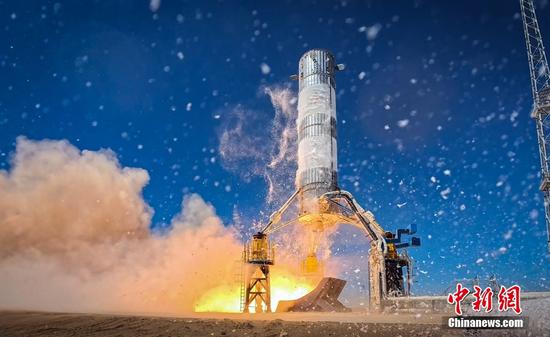




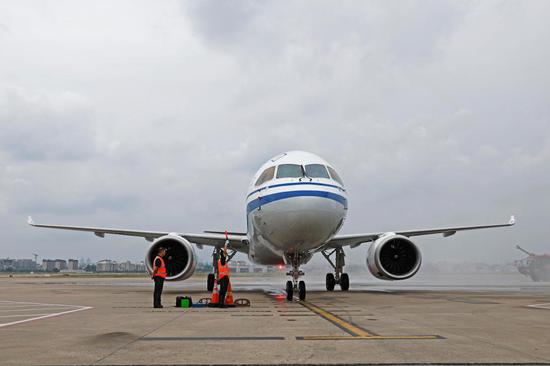
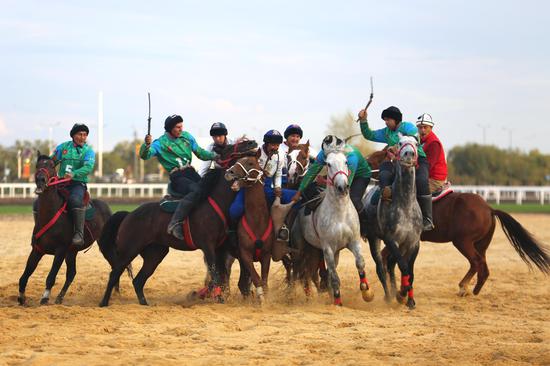

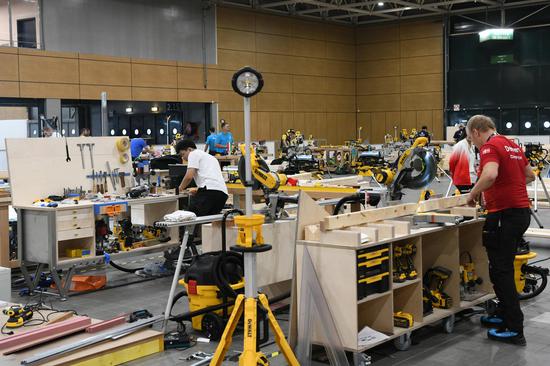
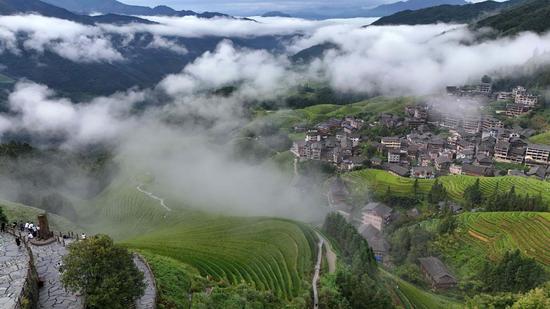
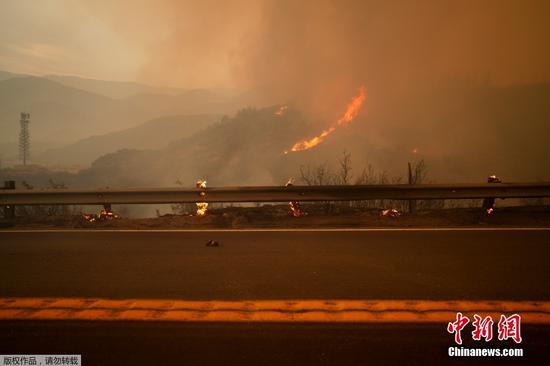
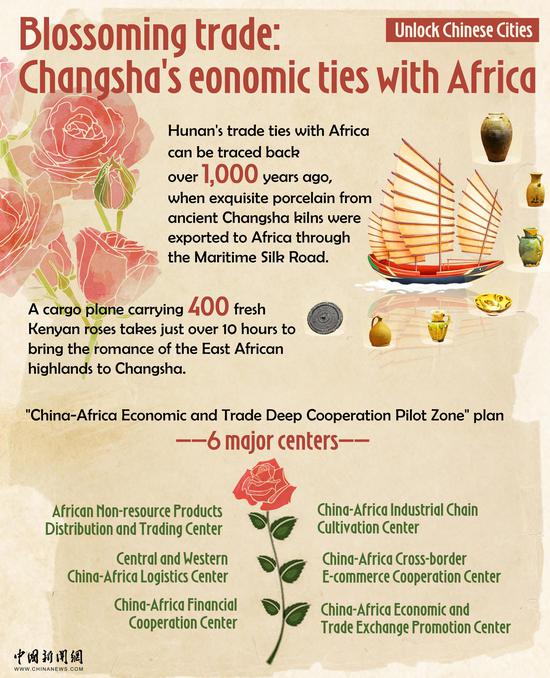
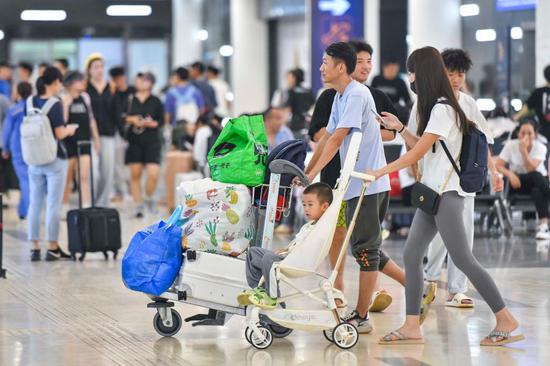
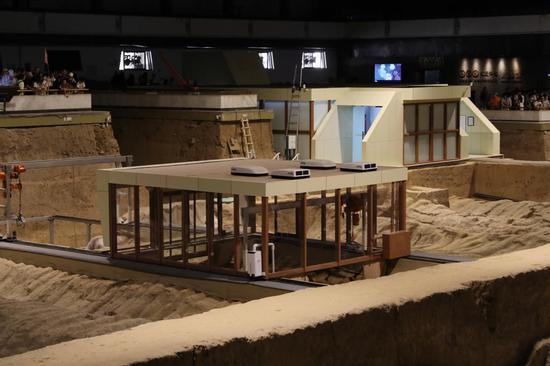
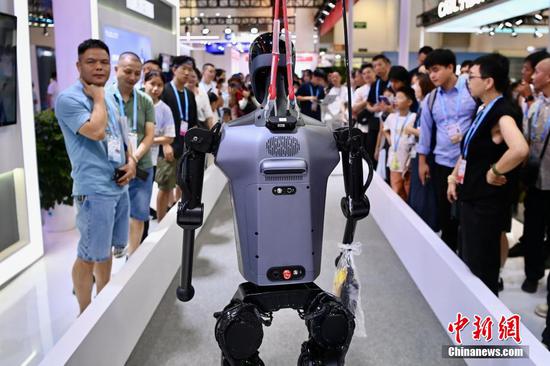
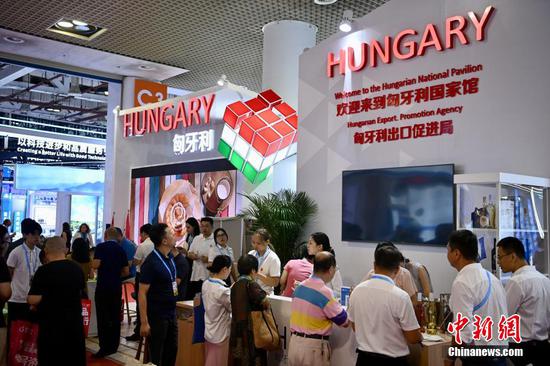
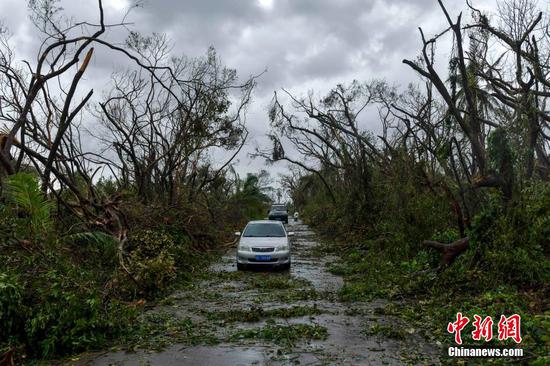

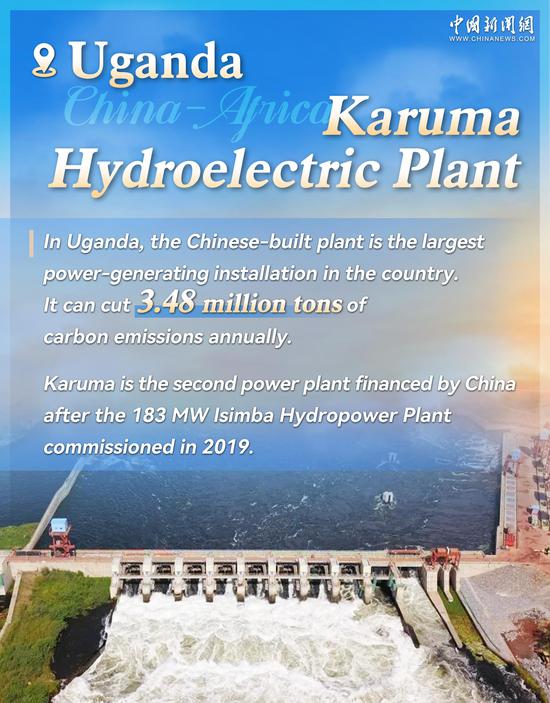
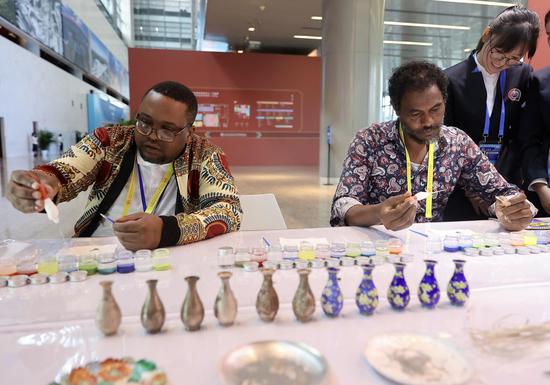
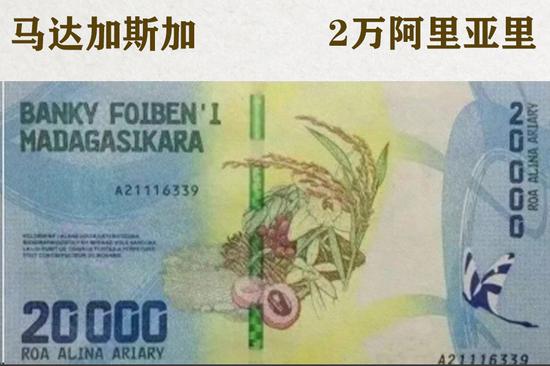

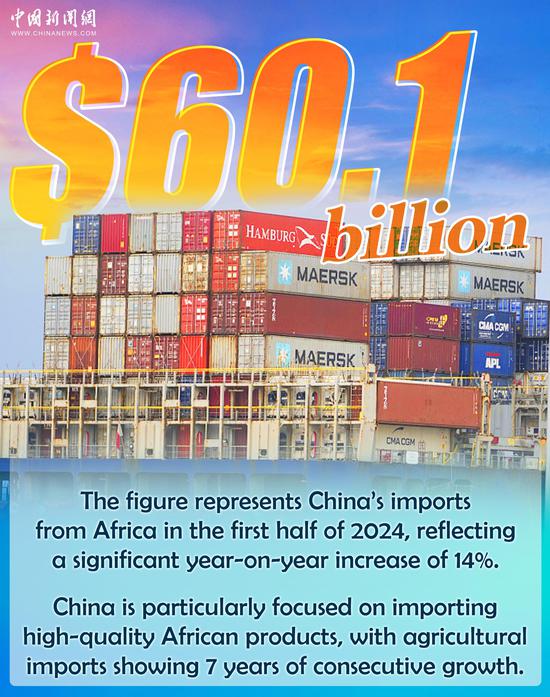
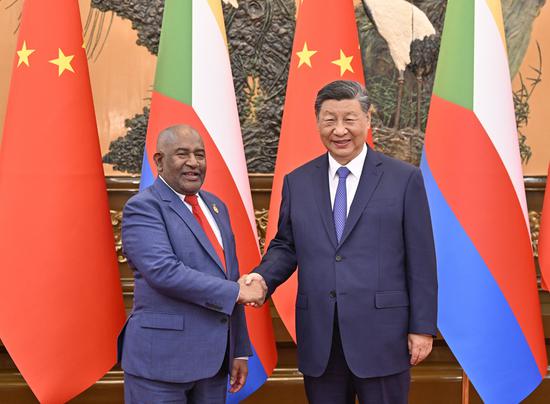
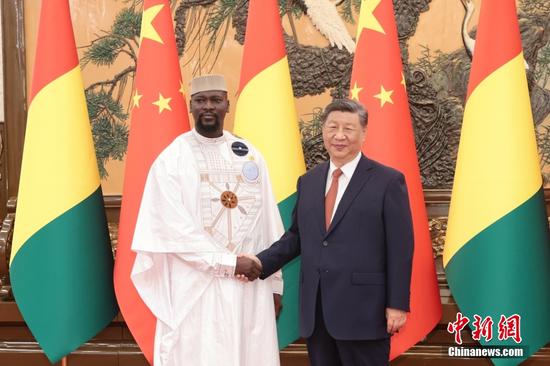
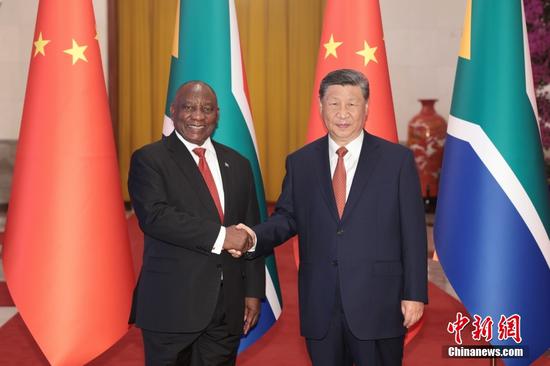
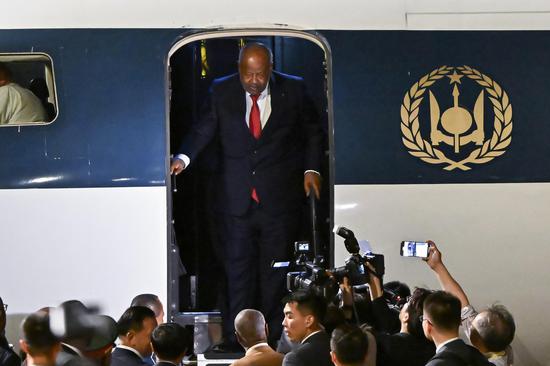

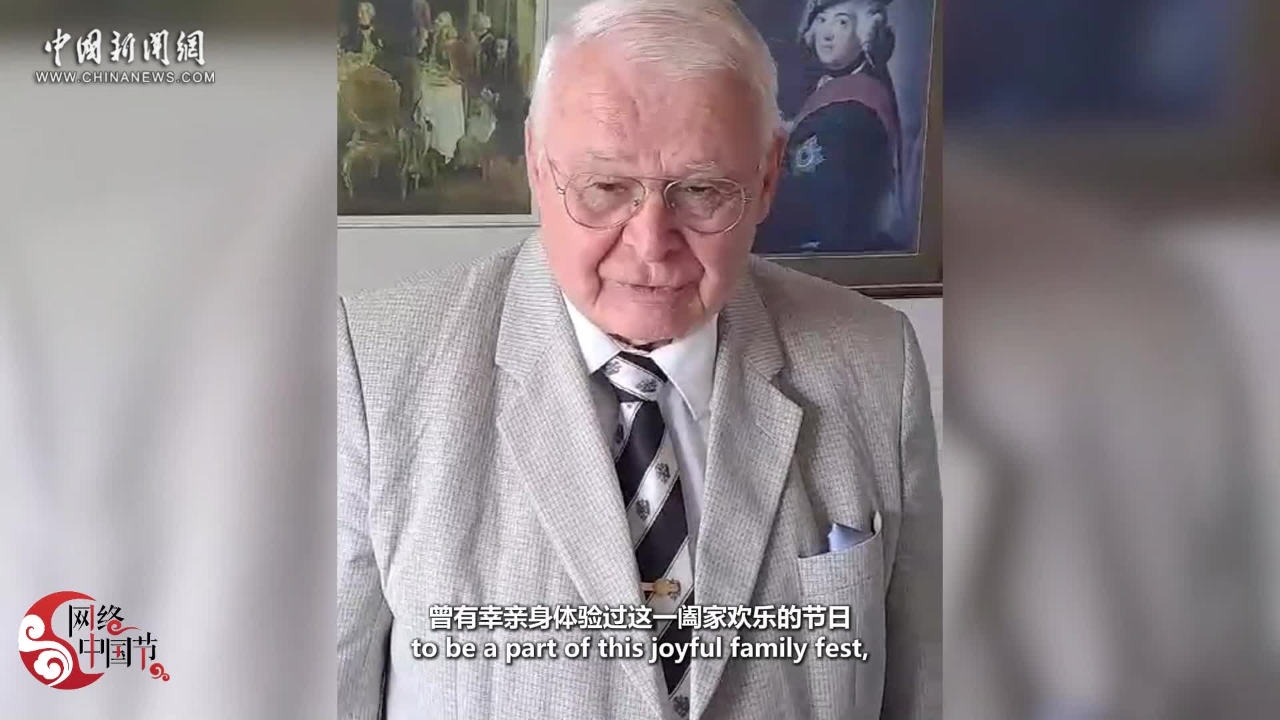

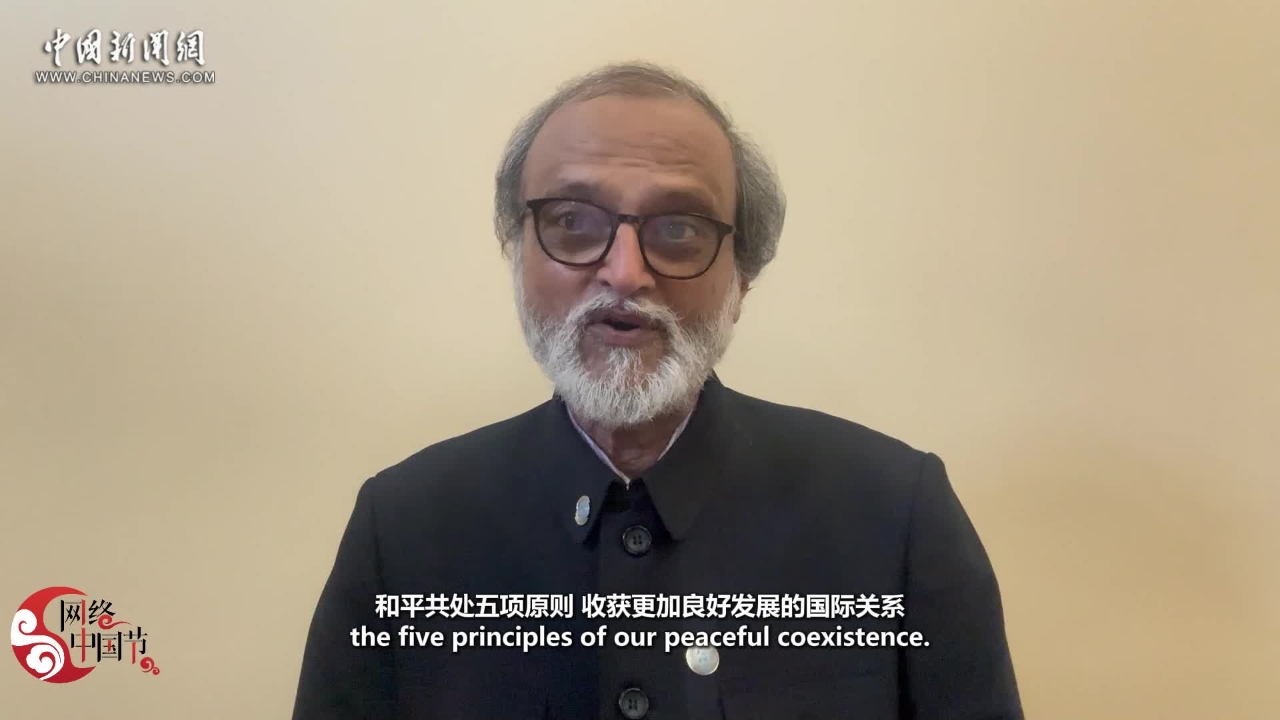

 京公网安备 11010202009201号
京公网安备 11010202009201号